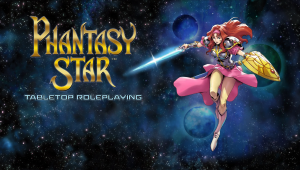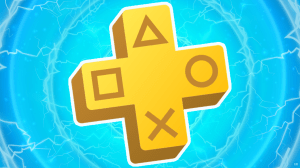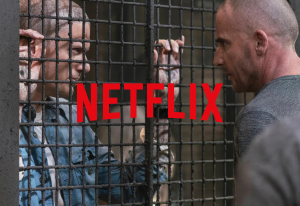In a galaxy far, far away, there are legends whispered across the cosmos of gaming history, and Phantasy Star sits among them like a cosmic relic, still glowing, still humming, still alive. Long before sci-fi RPGs became the cinematic universes they are today, Sega’s Phantasy Star was quietly spinning galaxies of its own, seeding ideas that would later bloom across the likes of Mass Effect, Starfield, and even Destiny. It was bold and brilliantly ahead of its time, weaving tales of swords, spaceships, and something ineffably human at its core.
Videos by ComicBook.com
Phantasy Star created a world and mythos where medieval mysticism clashed with space-age technology, where androids prayed beside humans, and where cosmic evil could be slain by a group of determined heroes armed with laser sabers and courage. Its influence runs deep through the veins of modern gaming, often unseen and unspoken but undeniably present. Phantasy Star was not just any inspiration, either. It practically redefined what a role-playing game could dream of being with enough forward thinking.
How Phantasy Star Helped Shape the RPG Genre
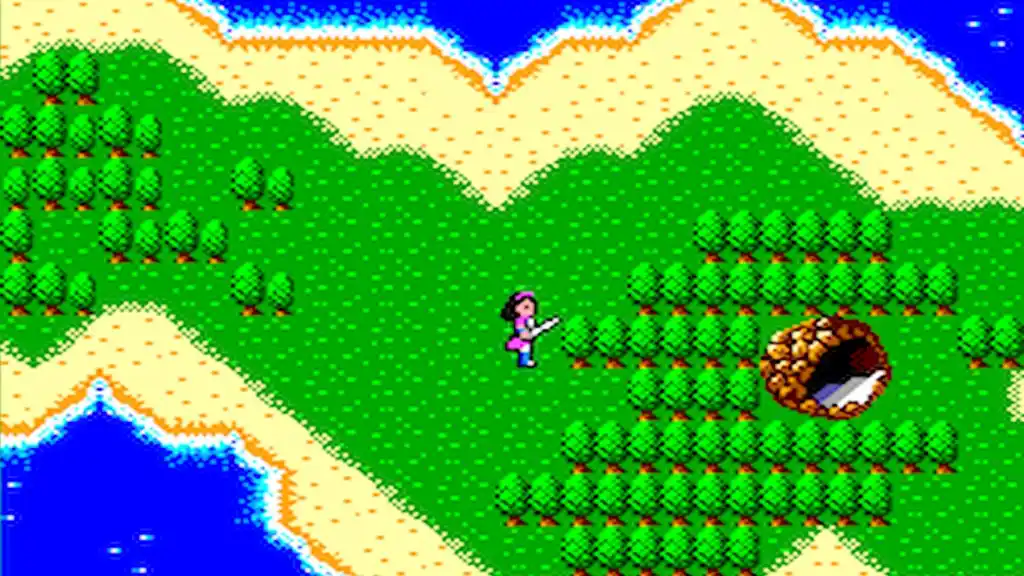
In the 1980s, most RPGs kept their feet firmly planted in fantasy realms of mythological dragons and the darkest dungeons. Steel swords, well-crafted bows, and powerful magic were the weapons of choice in an RPG back then. Phantasy Star, however, launched itself spiraling into the stars, arming players with laser weapons and photon blades instead. It took the familiar blueprint of turn-based adventure and hurled it into a sci-fi opera dripping with neon circuitry and cosmic dread as foundational ideals. Sega’s creation told a story that was both tragic and transcendent, full of rebellion, sacrifice, and the eerie beauty of a galaxy ruled by tyranny. It was ambitious in every direction, by every possible metric.
Every encounter in Phantasy Star felt strange and thrilling. Its first-person dungeons felt impossibly vast, its storytelling shockingly intricate for the time, and its characters, especially Alis, one of the first true female RPG protagonists in the industry, stood out as beacons in a medium not yet ready for such depth. Yet, it was unhinged and absolutely brilliant for its direction. It was the kind of game that felt haunted by genius, or maybe by ghosts from the future who already knew how important it would be for the genre.
The Blueprint for Modern Co-Op RPGs
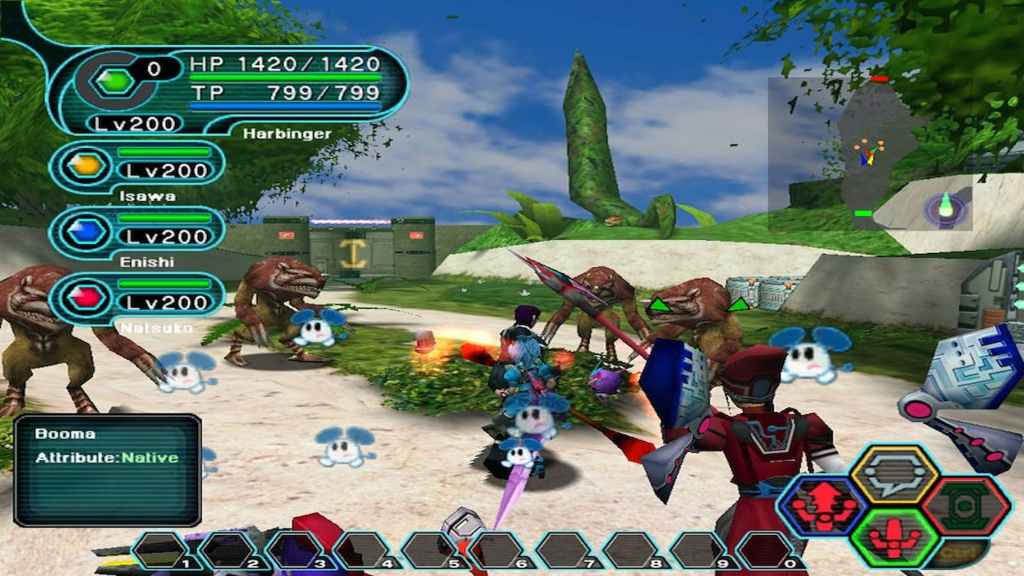
Then came Phantasy Star Online, the legendary moment the series turned from influential to transcendent. It was the blueprint for cooperative RPGs as we know them, and its DNA still lingers through co-op RPGs of today. Imagine logging into a Dreamcast in 2000 and seeing other players, real people, mind you, standing beside you, emoting and hunting monsters on alien worlds together. It was madness because the very idea of online play on a console was still extremely alien at the time, but Phantasy Star Online made this legendary moment happen. It was the beginning of a new kind of social storytelling, one built on connection, not just quest logs.
The beauty of Phantasy Star Online wasn’t only in its loot or its combat, though both were revolutionary. It was in its atmosphere: the quiet hum of Pioneer 2, the faint melancholy of its music, the way it made you feel part of something bigger. The structure of shared missions and random loot drops became the beating heart of entire future genres. Games like Monster Hunter, Destiny, and Warframe owe a massive existential debt to this strange, pixelated dream. Players still speak about PSO’s mysterious energy, its ability to feel both lonely and crowded at once, like standing under a night sky filled with stars you can almost touch.
Phantasy Star Today: Legacy, Preservation, and Modern Relevance

Today, the flame burns on through Phantasy Star Online 2 and its evolution, New Genesis. It’s brighter and faster, but the soul of the series still remains intact. The same DNA that once pulsed through 8-bit cartridges now roars across sprawling digital landscapes filled with jump pads, photon blades, and impossibly high jumps. While PSO2 has evolved to match modern tastes, with cosmetics being a massive part of the current experience, the essence of that original spark still glows at its center. The best part? It‘s available, free-to-play, right on Steam, making to super easy to access.
Phantasy Star’s legacy is a strange one. It isn’t always spoken about in the same breath as Final Fantasy or Dragon Quest, but that’s part of its charm. It lives in the shadows of greater fame, quietly influencing everything that came after it. Its universe, filled with digital ghosts and starlit cities, still feels alive like an echo of the future that never stopped calling. Phantasy Star was, and remains, a living testament to the weird, beautiful places games can take us when they dream without restraint. Even now, when new players step into the glowing world of New Genesis, they are unknowingly walking on the bones of history, a history that still hums beneath every photon blast and every drop of loot.
What do you think? Leave a comment below and join the conversation now in the ComicBook Forum!

